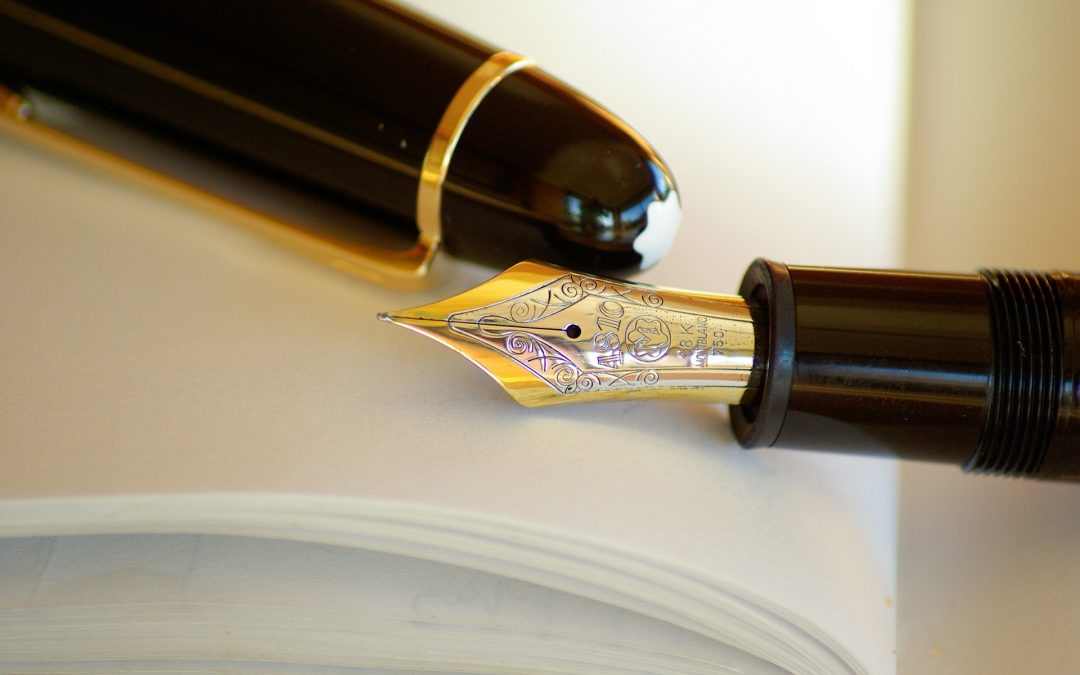The whole world is talking about the season of peace and joy; what better time to consider the idea of writing for revenge? (Well, probably any other time.)?
Politicians love to write for revenge. Former momentary prime minister Mark Latham’s The Latham Diaries springs to mind, as does double-dipper, Kevin Rudd’s The PM Years.
Revenge is a powerful motivator to get a story down. Energy is one of the best aspects of anger; it fuels our efforts and can also make our writing vivid and arresting. In my Sticky Content writing workshops, I sometimes ask people to interview their neighbour and write a short profile of them. Then I asked them to write a “nasty” profile. In the second instance, their writing becomes funny, strong and intriguing.
As a thought leader and expert, you read many books and writings on your topic. I bet some of them make you white-hot. Misinformation. Misunderstanding. Misappropriation.
What to do then?
Step one: Harness the energy for the first draft
If revenge and anger are part of your motivation for writing, use it. Let the emotions power your first draft. The myths in any field of expertise can be truly infuriating, and they can be sticky. People remember them and forget the truth. You need your ideas to be just as sticky. Energy and emotions, even angry energy, can make your writing just as sticky. Readers remember emotions.
Step two: Get it all out, breathe and change perspective
OK, you are NOT going to publish that one. But you are going to use it. The next step is to take a break and let the emotions settle.
The problem with angry energy is that is not persuasive. In fact, when you push a particular barrow, your readers will start to resist. Once you have your first draft, go through with the reader’s view in mind. Ask yourself: “What if I am wrong?” Or, “What if someone thought I was wrong? How would I prove my point?” Now go through and include alternative perspectives. Can you prove your point?
Step three: Give your targets a voice, then get a lawyer
When journos criticise anyone in print, they follow a protocol. They always offer the person under scrutiny a right of reply. If you are not willing to give them a chance to answer your accusations, however true and justified, and to include their response in your writing, I suggest removing all names and ways of identifying your targets.
And even if you do give them a right of reply, you still can’t defame them. Australian defamation laws are much tougher than in the US, for example. So get a defamation lawyer to review your writing before you publish.
Wrap up
Revenge, as they say, is a dish best served cold. Let the heat fuel your writing, and then put down your poison pen. Breathe. Cool down. Offer your enemy a right of reply, and protect yourself before you publish.
PS: Thank you
I’m pleased to say that I am filled with gratitude, and not revenge, as this year draws to a close. Running a business, like writing books, is best done with others.
For your support, laughs, consolation, ideas, and the opportunity to serve, a big thanks to my friends, family, colleagues, fellow travellers, suppliers and clients.
P.S. You might also like When to give away a copy of your book.


